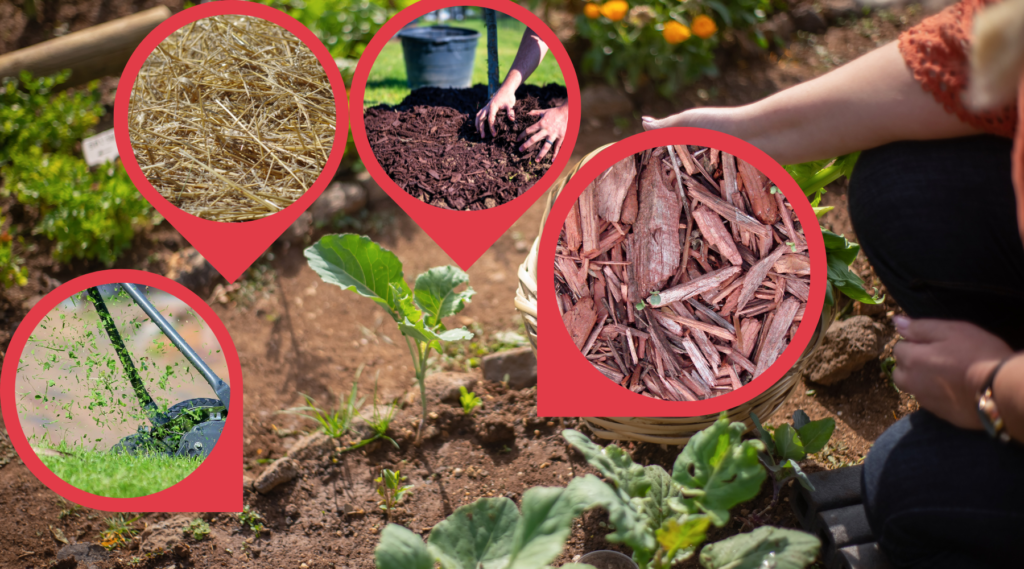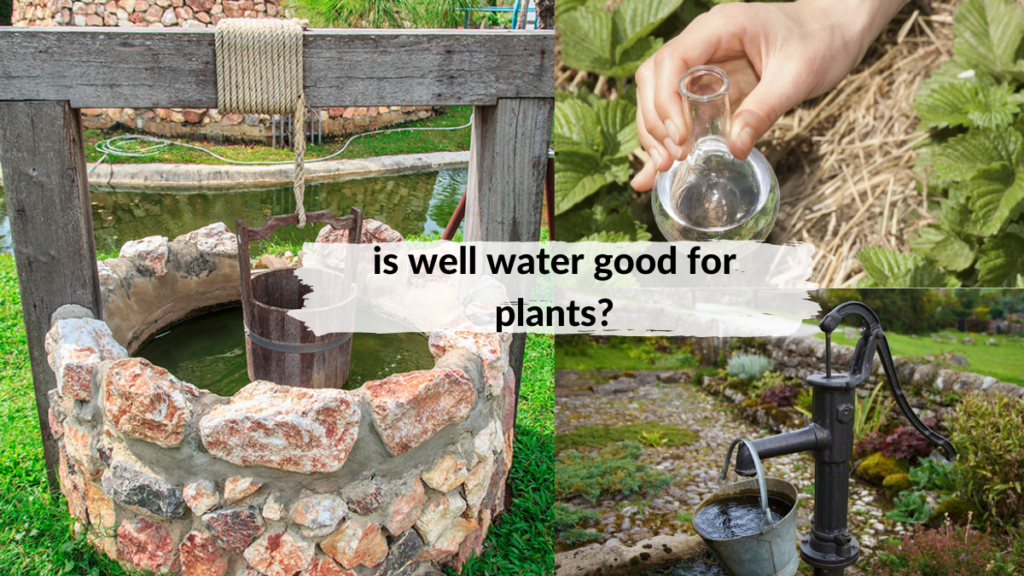There are various garden pests that you may encounter as a gardener, and ants are among the pests that you might see in your garden beds. Well, their presence may seem bothersome to you but, you should know that their presence has both positive and negative factors in your garden. As other gardeners might say, they are both your friends and foes.
controlling garden ants
There are several ways how you can control ants in the garden and prevent ant infestations from getting worse. Below are some of the ways that are often used in vegetable gardens by growers:
get rid of sap-sucking pests
Ants protect insects like aphids because of their honeydew. So, you must get rid of similar insects to prevent ants from coming back.
use artificial sweetener near ant nests
Claims say that the use of artificial sweeteners is fatal to ants. It causes their senses to malfunction. The artificial sweetener will overstimulate the ants’ brain cells and will kill them.
repel ants using spices
Sprinkle some cayenne pepper or ground cinnamon around garden beds. This may not injure the ants but can help in repelling them. Put a thick line around your vegetable garden bed. This will deter the workers from getting back inside.
use food grade diatomaceous earth
This type of diatomaceous earth is made from diatoms or fossilized hard-shelled algae. The fine powder works dehydrating ants and other pests like cockroaches and slugs. This is safe to be used around humans, pets, and plants.
Diatomaceous earth may take a few weeks for it to work and kill ants. Make sure that the areas around the nest and the trails where you will apply diatomaceous earth are always dry for it to stay effective.
make a sugar and borax mixture ant poison trap
Mix borax or boric acid and sugar in a container and place it in areas where you see ant trails or nests. This mixture will attract ants and let the ants bring the mixture to their ant colony and slowly control the ant issue.
Boric acid and borax are natural compounds and toxic to both animals and humans. So, be extra careful where you put the mixture. Place it in areas that your pets and small children will not reach.
pour boiling water on ant hills
This one only works when you know the ant’s nest. If you want to use this method, you should search for ant hills around your home. simply pour boiling water on the ant hill to kill ants.
Remember that ants usually build a nest that can withstand flooding and rain. This means that it may take a few attempts before you can completely kill the worker ants as well as the queen and completely wipe out the ant colony.
effective ways to get rid of ants
If the ant population is beyond control, you need more effective ways to get rid of ants in your garden. The following are other ways that you can try:
dig up the nest
Follow the ants where their ant is and dig up the soil as deep as possible until you can remove the queen.
use beneficial nematodes
These tiny “worms” will enter the body of the ants attacking them from the inside. The “worms” will excrete bacteria in the digestive tract that will kill ants within 24 to 48 hours.
orange peel spray
There are orange peel sprays that you can purchase, or you can make you’re a DIY citrus spray. Citrus peels contain d-Limonene, which is a natural extract that is not harmful to the soil and the environment.
This strips the waxed coating on ants’ bodies immediately, which results in their suffocation. Given that it is a food-grade solution, it is safe to be used in your vegetable garden.
dish soap spray
Put some dish soap and water in a spray bottle and mix it. Spray liberally on affected plants. It can be used not only in vegetable garden beds but also with plants in small containers. This kills both ants and their pheromone trail.
Just make sure that you use the spray during low temperatures as using it during sunny days will burn the plant leaves.
disadvantages of ants in your garden
Seeing a few ants in the garden should not worry you. However, if you found more than usual, you should consider controlling them before the infestation gets worse. The following are reasons why you should act fast as soon as you notice the increase in ant population in your garden:
ants cause property damage and pain
All the ants that you may see in your garden may not be troublemakers, but there are times when their presence is more of a concern with your garden experience than cause to your garden beds themselves. There are two types of ants that you should look out for as these are considered real troublemakers.
Among the infamous species is the fire ants that are known to sting once they are provoked. Their venom results in painful welts that will last for days. This means that if you see fire ants swarming on your garden beds, harvesting would not be a good experience.
Unlike fire ant species, carpenter ants do not sting but they bite using their powerful jaws and spray formic acid. This creates a burning sensation in the wound and is also not a fun experience.
The most damaging issue about these ant species is their nesting habits. Carpenter ants are known to build their nests in wood and are not picky with the type of wood. Whether it is a decaying stump or your home’s structure, these are both attract these ants.
they increase pest populations
Ants love sweet things. One of the main reasons why there is a presence of ants in the garden is a source for sweet things like a bag of candy or spilled soda.
Aside from these, the presence of other pests like aphids, whiteflies, scale, mealybugs, and other sap-sucking insects may have attracted ants in your garden. These insects produce sugar in the form of honeydew or their sticky liquid secretion.
What is interesting is that similar to how humans farm cows for their milk, ants also do this to aphids. They protect aphids from other insect predators so ants can “milk” honeydew from these pests. Once they harvest honeydew, they will carry it back to the ant nest and share it with the queen and other ants. There are times when ants will move aphids inside their nest or move them to better plants.
Mutualistic symbiosis is the scientific term for this kind of relationship. With these things mentioned. It only means that if there is a current aphid problem, you might also want to look at a possible ant infestation in your garden beds. This relation only results in more pest problems that you have to look out for.
advantages of garden ants
The sight of ants may worry you, but these are considered beneficial insects alongside other insects such as green lacewings and lady beetles. Some of the advantages of garden ants are the following:
ants help control pests
Ants in the garden are beneficial in naturally controlling pests. What they do is that they eat the eggs and young of pests or disturb them when feeding. This means that ants can help if you have a current pest problem.
Ants are considered effective biological control agents that some growers use in their Integrated Pest Management strategy. There are accounts of farmers back in 300AD that use ants for pest control.
ants help in supporting a healthy ecosystem
When it comes to traditional gardening, ants help aerate the soil. Since they dig tunnels, these tunnels carry water, nutrients, and oxygen to reach the plant roots. They also speed up the decomposition of various organic materials like dead insects and leaves. Thus, fertilizing plants.
Aside from feasting on other pests, ants also serve as food for larger organisms like birds, lizards, and frogs – animals that are also known to prevent pest problems.
ants help improve pollination
Some gardeners experience a decrease in the yields of their fruiting crops. Aside from other insects, ants can also assist in increasing pollination rates. As these insects march from flower bed to flower bed searching for food, they also act as unintentional pollinators.
Though ants also help your garden, the disadvantages will convince you that their presence is not essential to your garden.










